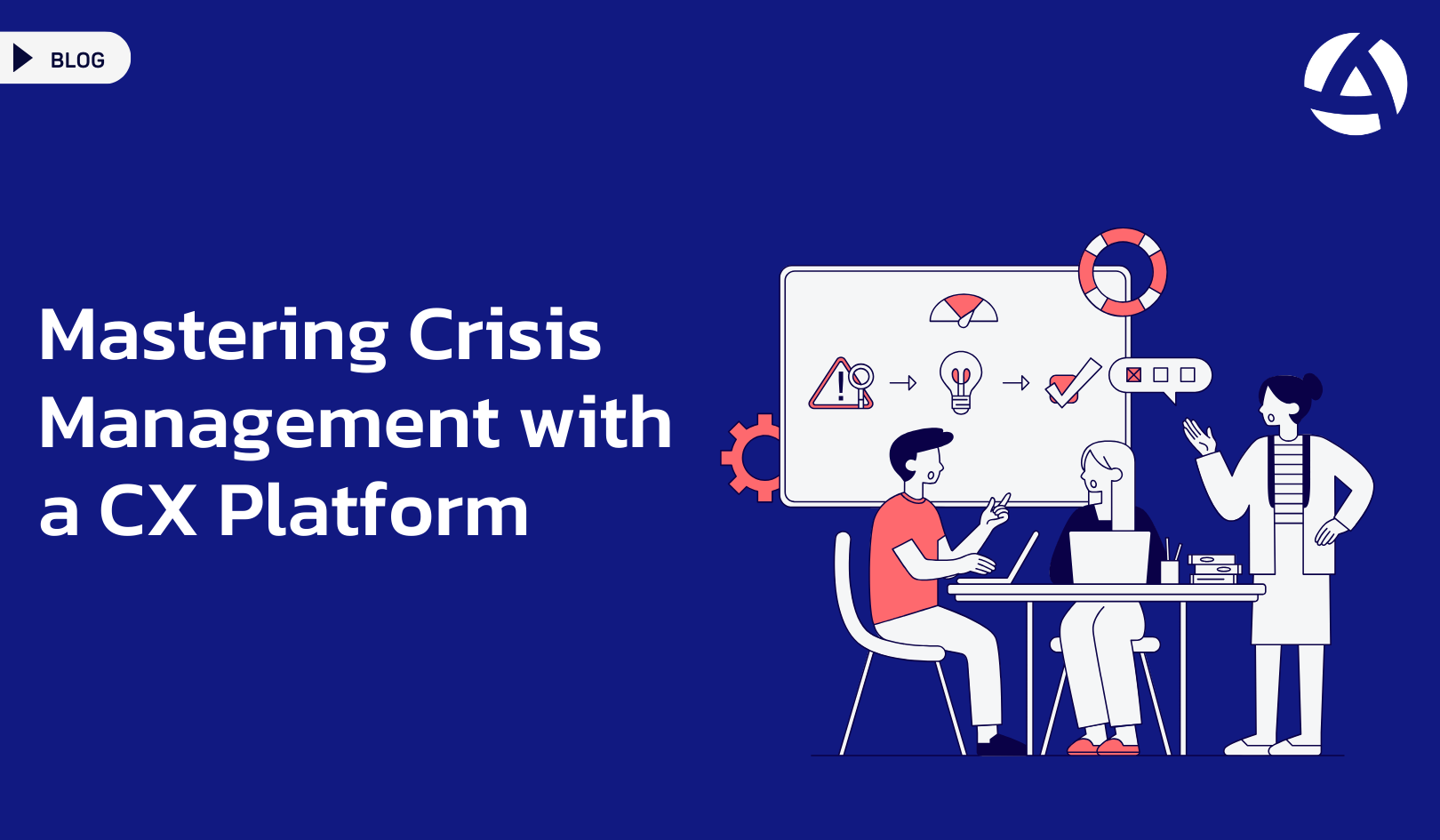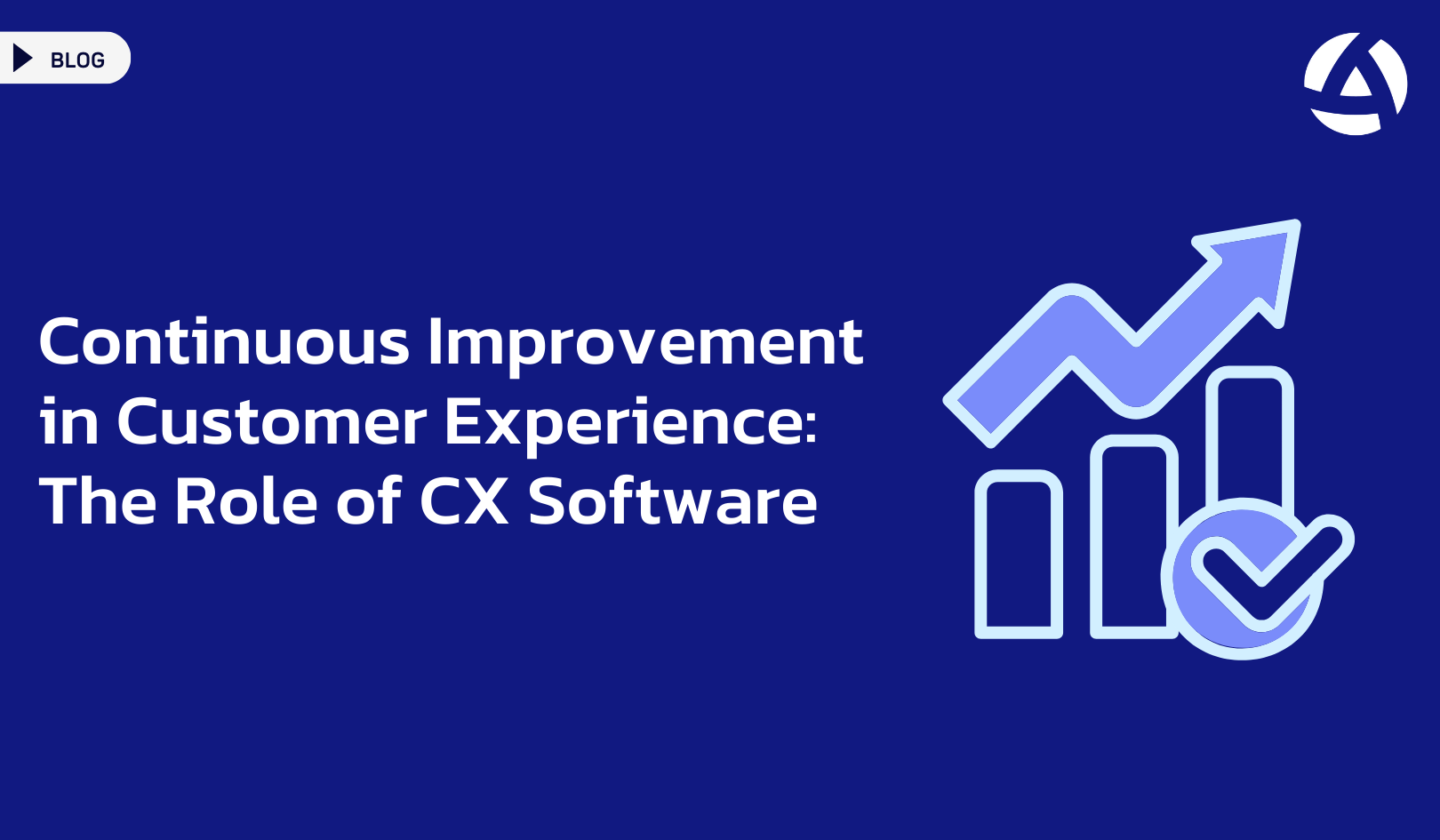Crisis management is a critical aspect of maintaining a strong and resilient business, especially in a world where customer expectations are constantly evolving. A well-implemented Customer Experience (CX) Platform can be a vital tool in managing crises effectively, helping businesses not only navigate challenges but also emerge stronger. Here’s how a CX Platform can be instrumental in crisis management:
1. Real-Time Monitoring and Response
In any crisis, time is of the essence. A CX Platform provides real-time monitoring of customer feedback across various channels, allowing businesses to quickly identify emerging issues. This immediate awareness enables companies to respond swiftly and appropriately, addressing concerns before they escalate into larger problems. Quick, transparent communication can significantly mitigate the impact of a crisis, maintaining customer trust and loyalty.
2. Understanding Customer Sentiment
A key component of crisis management is understanding how customers feel about the situation. A CX Platform can analyze customer sentiment, providing insights into the emotions and concerns of your audience. This understanding allows businesses to tailor their responses to align with customer expectations, showing empathy and understanding during difficult times. By addressing the emotional aspects of a crisis, companies can build stronger connections with their customers.
3. Identifying and Prioritizing Issues
During a crisis, numerous issues may arise simultaneously. A CX Platform can help prioritize these issues based on their potential impact on the customer experience and the business as a whole. By focusing on the most critical problems first, businesses can allocate resources more effectively, ensuring that the most pressing concerns are addressed promptly. This prioritization is crucial for maintaining operational stability and customer satisfaction during turbulent times.
4. Data-Driven Decision Making
Informed decision-making is crucial during a crisis. A CX Platform offers comprehensive data analytics, allowing businesses to base their decisions on accurate and up-to-date information. This data-driven approach helps identify the root causes of issues and develop effective strategies to address them. By relying on data rather than intuition, businesses can make more rational and effective decisions, minimizing the risk of exacerbating the crisis.
5. Building a Resilient Brand
Finally, the way a company handles a crisis can significantly impact its brand reputation. A CX Platform helps businesses not only manage the immediate crisis but also build long-term resilience. By consistently monitoring and improving the customer experience, companies can build a positive reputation for being responsive and customer-centric. This resilience can turn a potential crisis into an opportunity to strengthen customer relationships and brand loyalty.
In summary, a CX Platform is an indispensable tool for effective crisis management. It enables real-time monitoring, sentiment analysis, issue prioritization, data-driven decision-making, and brand resilience. By leveraging the capabilities of a customer experience platform, businesses can navigate crises more effectively, maintaining customer trust and loyalty even in challenging times.




